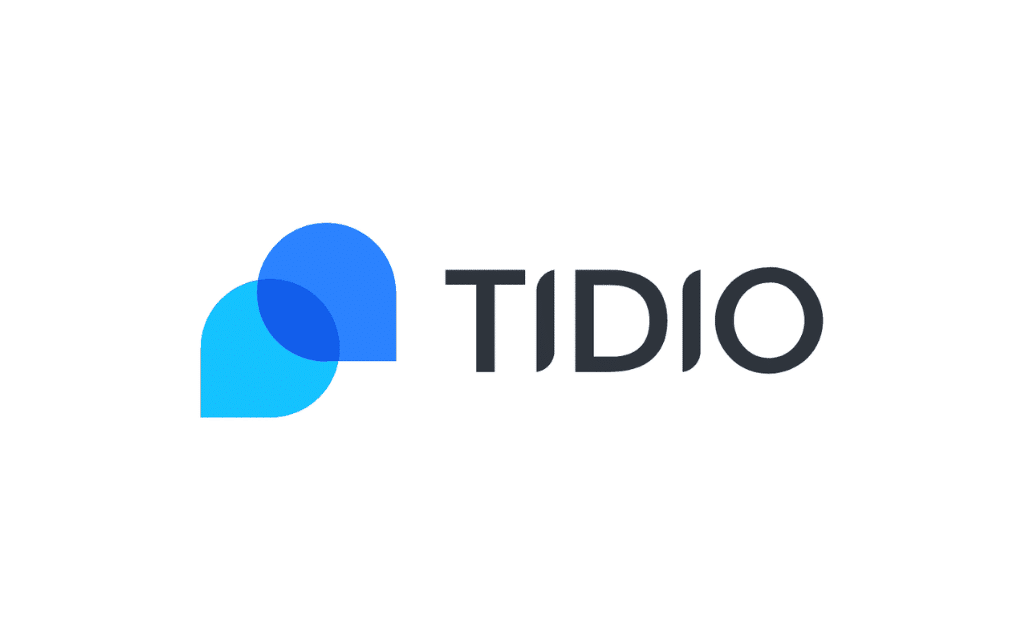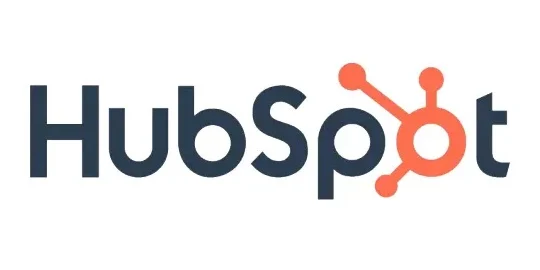Now Reading: Top 10 AI Tools for Small Businesses in 2024: Empowering Growth Through Innovation
-
01
Top 10 AI Tools for Small Businesses in 2024: Empowering Growth Through Innovation
Top 10 AI Tools for Small Businesses in 2024: Empowering Growth Through Innovation

In today’s fast-paced business world, Artificial Intelligence (AI) is no longer a luxury—it’s a necessity. Small businesses often juggle limited time and resources, and that’s where AI steps in to simplify operations, improve efficiency, and maximize profits. Whether you’re a local bakery or a growing e-commerce store, AI tools can help you stay competitive in 2024.
This blog explores 10 must-have AI tools for small businesses, offering practical insights, real-world use cases, and actionable tips to help you unlock the full potential of AI.
Why Small Businesses Should Use AI Tools in 2024
Small businesses often face challenges like limited manpower, tight budgets, and time constraints. AI tools are designed to address these issues by automating repetitive tasks, enhancing customer engagement, and delivering data-driven insights.
With AI, you can:
- Save countless hours on mundane tasks.
- Improve customer relationships through personalized interactions.
- Analyze your data to make smarter decisions.
Now, let’s dive into the best AI tools for small businesses in 2024 and how they can transform your operations.

1. ChatGPT by OpenAI: Revolutionizing Customer Interaction
- Category: Customer Support & Content Creation
- Primary Keywords: AI-powered chatbot, automate customer support, content creation tools
ChatGPT is more than just a chatbot. It’s a versatile AI tool that helps businesses automate customer interactions, create engaging marketing content, and even brainstorm ideas. Whether you need to draft an email or answer customer inquiries, ChatGPT can do it all.
How to Use It for Your Business:
- Automate responses to frequently asked questions like “What are your business hours?” or “How do I track my order?”
- Generate blog post ideas or social media captions in minutes.
- Improve website engagement by integrating ChatGPT as a virtual assistant.
Why It’s a Game-Changer:
- Affordable for businesses of all sizes.
- Produces natural, human-like responses.
- Easily integrates with platforms like WordPress and Shopify.

2. Grammarly: Perfect Your Communication
- Category: Writing Assistant
- Primary Keywords: AI writing assistant, business communication tools, grammar checker
Grammarly ensures that your emails, blog posts, and marketing materials are clear, error-free, and professional. Beyond grammar, it analyzes tone and engagement levels, helping you craft messages that resonate with your audience.
Real World Example:
A small digital marketing agency used Grammarly to refine its client pitches, resulting in a 20% increase in successful proposals.
Key Features:
- Cross-platform compatibility (works on emails, documents, and social media).
- Tone adjustment for professional or friendly communication.
- Real-time grammar and style suggestions.
Why It’s a Must-Have:
- Saves hours spent on proofreading.
- Enhances brand professionalism.
- Ensures consistent communication tone across teams.

3. Jasper AI: Take Content Creation to the Next Level
- Category: AI Content Generator
- Primary Keywords: AI content marketing, small business blog writing, SEO content creation
Jasper AI specializes in creating high-quality, SEO-friendly content tailored to your audience. From blog posts to ad copy, Jasper AI ensures your message is on-point and engaging.
How to Leverage Jasper AI:
- Create keyword-rich blog posts that rank on Google.
- Write persuasive product descriptions for your online store.
- Automate ad copy for Google Ads or Facebook campaigns.
Why Small Businesses Love It:
- Saves time and reduces the need for professional writers.
- Ensures all content aligns with your brand voice.
- Integrates seamlessly with tools like Surfer SEO for optimized content.

4. Tidio: 24/7 Customer Support
- Category: Chatbots for Small Businesses
- Primary Keywords: AI customer service tools, automate live chat, small business chatbot
Tidio helps small businesses provide round-the-clock customer service through AI-powered chatbots. It’s an affordable and easy-to-implement solution for handling FAQs, resolving customer issues, and increasing conversions.
How Businesses Use Tidio:
A small online clothing store reduced response times by 80% by implementing Tidio chatbots to handle queries about shipping, sizing, and returns.
Key Benefits:
- Affordable plans for startups and small businesses.
- Customizable chatbot workflows.
- Integration with popular e-commerce platforms like Shopify and WooCommerce.

5. Canva: Design Made Simple
- Category: Visual Content Creation
- Primary Keywords: AI graphic design tools, create marketing visuals, free design software
Canva is every small business owner’s best friend when it comes to creating professional visuals without the need for a designer. Its AI-powered features like Magic Resize save time by adapting your designs for various platforms.
What You Can Do with Canva:
- Design Instagram posts, ads, and brochures effortlessly.
- Create branded templates for consistent marketing.
- Use AI suggestions to improve design layouts.
Why It Stands Out:
- Beginner-friendly with drag-and-drop functionality.
- A vast library of templates and stock images.
- Free version available with essential features.

6. QuickBooks: Simplify Your Finances
- Category: Accounting & Finance
- Primary Keywords: small business accounting tools, AI bookkeeping, financial automation
QuickBooks uses AI to automate invoicing, track expenses, and generate financial reports. It’s an essential tool for small business owners who want to keep their books in order without hiring an accountant.
Key Features:
- Automatic expense categorization.
- AI-powered cash flow forecasting.
- Seamless integration with payment platforms like PayPal.
Why It’s a Smart Choice:
- Reduces manual bookkeeping errors.
- Saves hours of financial management each week.
- Scales with your business as it grows.

7. Zoho CRM: Smarter Sales Management
- Category: Customer Relationship Management
- Primary Keywords: CRM for small businesses, AI sales tools, customer engagement tools
Zoho CRM leverages AI to streamline customer relationship management. It prioritizes leads, predicts sales trends, and automates follow-ups, making it ideal for small teams with limited resources.
How It Helps:
A small real estate firm improved its lead conversion rate by 30% by using Zoho CRM’s AI-powered reminders and insights.

8. Hootsuite Insights: Dominate Social Media
- Category: Social Media Management
- Primary Keywords: AI social media tools, best social media schedulers, analyze social trends
Hootsuite’s AI-driven Insights feature helps small businesses understand their audience, monitor brand mentions, and identify the best times to post.

9. HubSpot AI: All-in-One Marketing
- Category: Marketing Automation
- Primary Keywords: AI marketing tools, small business automation, lead generation software
HubSpot offers AI tools for email marketing, lead generation, and customer analytics, all in one platform.

10. Pipedrive: Close Deals Faster
- Category: Sales Management
- Primary Keywords: AI sales CRM, pipeline management tools, automate sales processes
Pipedrive’s AI features help sales teams stay organized, prioritize tasks, and close deals efficiently.
Final Thoughts
AI tools are no longer exclusive to big corporations. With affordable pricing and user-friendly interfaces, these tools can empower small businesses to thrive in 2024. Whether you’re looking to enhance customer support, automate repetitive tasks, or improve marketing strategies, there’s an AI solution for you.

















